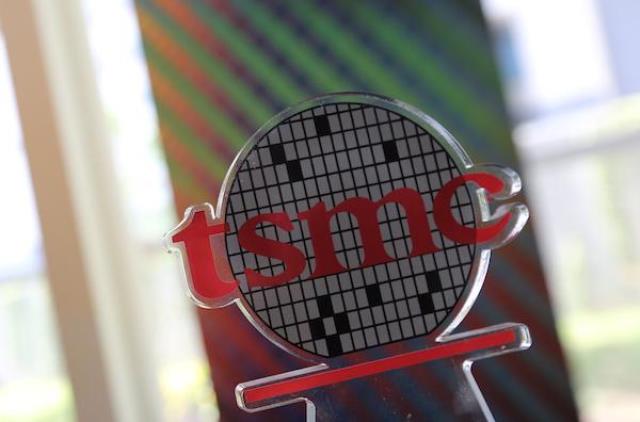TSMC, the world’s largest contract-chipmaker, said it expected third-quarter revenue to surge to between $19.8 billion and $20.6 billion from $14.88 billion a year earlier.
 TSMC also raised its 2022 revenue growth forecast to mid-30s percentage from an earlier 26 percent to 29 percent range.
TSMC also raised its 2022 revenue growth forecast to mid-30s percentage from an earlier 26 percent to 29 percent range.
TSMC’s revenue rose 36.6 percent, and net profit surged 76.4 percent in the second quarter ended June 30 – the biggest jump in eight quarters. TSMC’s net profit for April-June rose to a record T$237.0 billion ($7.94 billion).
“Our second quarter business was supported by HPC, IoT and Automotive-related demand,” said
Wendell Huang, VP and Chief Financial Officer of TSMC. “Moving into third quarter 2022, we
expect our business to be supported by continued demand for our industry-leading 5nm and 7nm
technologies.”
Taiwan’s TSMC forecast revenue growth that could be the highest in 10 quarters, saying it was “highly confident” about its long-term prospects and touted demand for high-tech chips used in data centres and electric vehicles.
Taiwan Semiconductor Manufacturing (TSMC) is a major Apple supplier and the results are testament to demand for the iPhone 13 despite record global inflation and worries of a looming recession.
Chipmakers, including Micron Technology recently sounded the alarm that chip shortages turned it a glut in some sectors, as soaring inflation and China’s COVID-19 curbs have squashed demand for electronics.
TSMC, whose clients include chip majors such as Qualcomm, signalled that demand was cooling from consumer electronics customers who would reduce chip stockpiles over the next few quarters into 2023.
“After two years of pandemic-driven stay-home demand, this type of adjustment is reasonable in our view,” TSMC’s Chief Executive Officer C. C. Wei told an online earnings briefing.
He said that long-term demand for TSMC’s chips was firmly in place and any upcoming down cycle would not be as big as in 2008.
Other chipmakers such as Samsung Electronics have also highlighted demand from data-centre customers.
TSMC said its capital expenditures this year will skim the lower end of its previous guidance of $40 billion to $44 billion, with some expenses pushed to next year because of a delay in the delivery of some chip-making equipment, Reuters news report said.
TSMC also said inflation posed a challenge, echoing comments from Intel, which has said it is planning to raise chip prices because of rising costs.
In May, Nikkei business daily reported TSMC warned clients for the second time in less than a year that it planned to raise prices. TSMC has not confirmed the report, saying that its pricing was strategic, not opportunistic.
